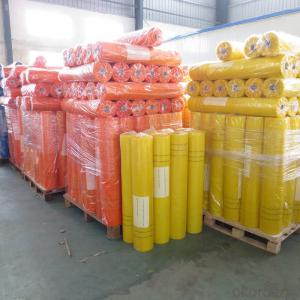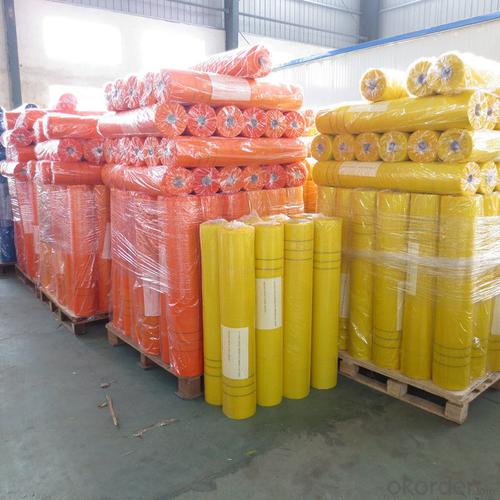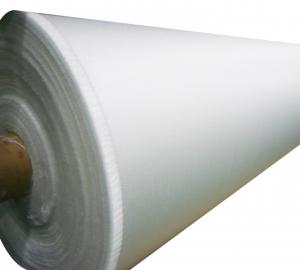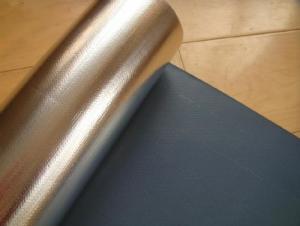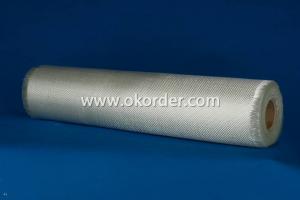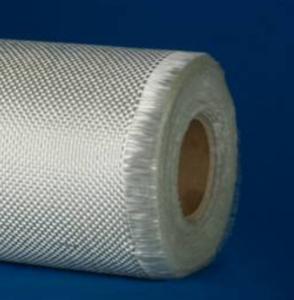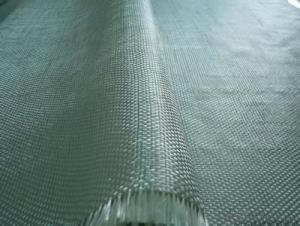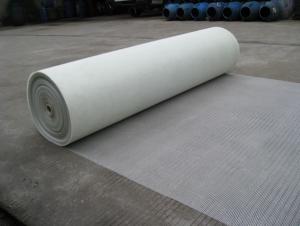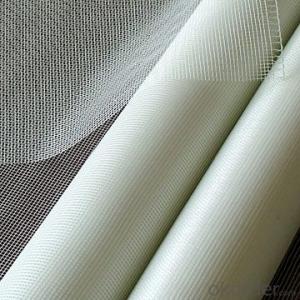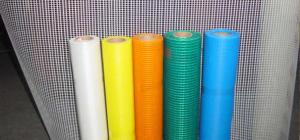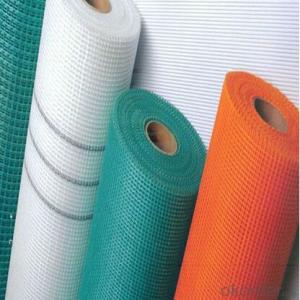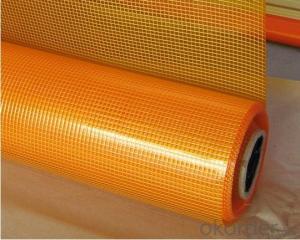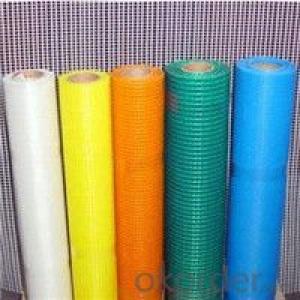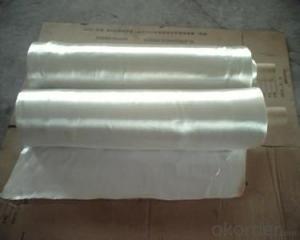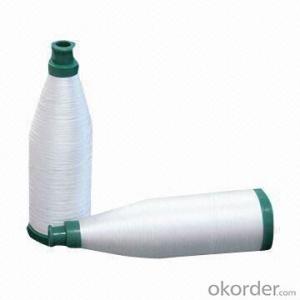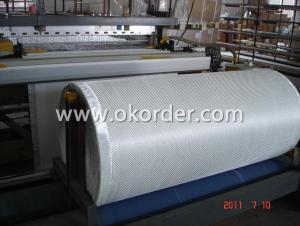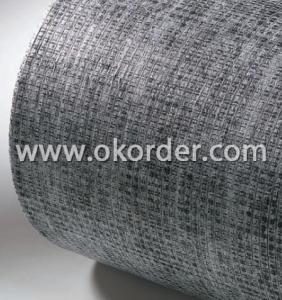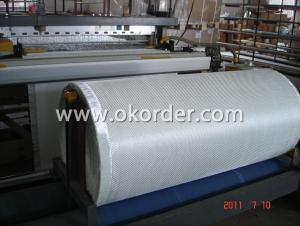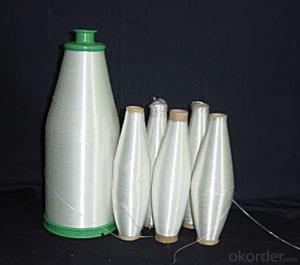Shoji Screen Fiberglass Fabric - Glass Fiber Mesh
- Loading Port:
- Qingdao
- Payment Terms:
- TT OR LC
- Min Order Qty:
- -
- Supply Capability:
- 1000000 m²/month
OKorder Service Pledge
OKorder Financial Service
You Might Also Like
Specifications
Alkali-resistant wall reinforced Fiberglass Mesh fiberglass manufacturer
Pass CE &ISO 9001
width can be 200cm
Firm mesh
The grid component
Fiberglass mesh is based on glass fiber woven fabric as substrate, the macromolecular
anti emulsion coating. It has good alkali resistance, flexibility and latitude to the high tensile
strength, with its good chemical stability, high strength, light weight, good dimensional
stability, strong impact resistance, pest control, fire protection, thermal insulation and
other features, welcomed by the user .
Use the grid cloth
Its widely used in: 1, wall reinforcing material; 2, reinforced cement products; 3, internal and
external wall insulation, 4, granite, marble, mosaic special mesh back paste network;
5, waterproof cloth, asphalt roofing; 6, reinforcing materials of plastics, rubber products;
7, fire board; 8, the grinding wheel base; 9, highway pavement with geogrid; 10, building
sealing tape etc.
- Q: Can fiberglass fabric be used for reinforcing concrete?
- Yes, fiberglass fabric can be used for reinforcing concrete. It is commonly used as an alternative to steel reinforcement due to its high strength, corrosion resistance, and lightweight properties. The fabric is embedded in the concrete to enhance its tensile strength, prevent cracking, and improve overall durability.
- Q: Can fiberglass fabric be used for ducting?
- Certainly! Fiberglass fabric is indeed suitable for ducting purposes. This lightweight and flexible material possesses outstanding insulation properties, making it an ideal choice. In the construction of air ducts, fiberglass is frequently utilized to regulate the system's temperature and airflow. It can either be wrapped around the ducts or used as a lining to achieve thermal insulation and hinder heat transfer. Furthermore, fiberglass has the added advantage of being resistant to moisture, mold, and mildew, making it perfect for ducting in humid environments. Nevertheless, it is crucial to emphasize that correct installation and sealing of fiberglass fabric are imperative to ensure optimal air quality and prevent loose fibers from infiltrating the duct system.
- Q: Can fiberglass fabrics be used for insulation in buildings?
- Yes, fiberglass fabrics can be used for insulation in buildings. Fiberglass fabrics are made of fine fibers of glass woven into a fabric form, and this material is commonly used as thermal insulation in buildings. The fabric is highly effective in reducing heat transfer, helping to keep the interior of a building warm in cold weather and cool in hot weather. Additionally, fiberglass fabrics are lightweight, easy to install, and have excellent fire-resistant properties, making them a popular choice for insulation in residential, commercial, and industrial buildings.
- Q: What is the basis of testing polyester glass fiber cloth?
- Installing waterproof layer under hot mix asphalt pavement is one of the best methods to protect and prolong the life of road. The anti cracking fabric of general material is deformed and damaged at high temperature. Polyester glass fiber cloth is made of non-woven glass fiber / polyester. It can withstand the high temperature construction of modified asphalt concrete. This high temperature stability of polyester glass fiber cloth will provide a continuous, non deformation waterproof layer, effectively prevent moisture infiltration, and avoid moisture infiltration caused by pavement and base damage.
- Q: Can fiberglass fabrics be used for insulation in industrial machinery?
- Yes, fiberglass fabrics can be used for insulation in industrial machinery.
- Q: Is fiberglass fabric suitable for use in architectural membranes?
- Yes, fiberglass fabric is suitable for use in architectural membranes. It offers several advantages such as high strength, durability, and fire resistance. Additionally, fiberglass fabric can be lightweight and flexible, making it ideal for creating unique and innovative architectural designs.
- Q: Can fiberglass fabric be used for insulation in HVAC ducts?
- Fiberglass fabric is indeed suitable for insulating HVAC ducts. Its exceptional thermal insulation properties make it a popular choice for this purpose. By creating a barrier between the ducts and their surroundings, fiberglass fabric prevents heat loss or gain. Moreover, its lightweight nature, flexibility, and simple installation process make it an ideal option for insulating ductwork. Consequently, it effectively reduces energy consumption and enhances the overall efficiency of HVAC systems. Furthermore, fiberglass fabric exhibits resistance to high temperatures, moisture, and chemicals, ensuring its long-term durability and performance in HVAC applications.
- Q: Can fiberglass fabric be used for making window screens?
- Yes, fiberglass fabric can be used for making window screens. It is a popular choice due to its durability, resistance to corrosion and insects, and its ability to provide good visibility and airflow while keeping bugs out.
- Q: How does fiberglass fabric handle oil and chemical spills?
- Fiberglass fabric is highly resistant to oil and chemical spills. It is non-absorbent and does not react with most chemicals, making it an effective material for containing and cleaning up such spills. The fabric's durability and high tensile strength allow it to withstand the harsh effects of oil and chemicals, making it a reliable choice for spill control and containment measures.
- Q: Can fiberglass fabric be used for insulation in tanks and vessels?
- Indeed, tanks and vessels can utilize fiberglass fabric for insulation. Renowned for its exceptional thermal insulation attributes, fiberglass fabric proves to be an optimal selection in the insulation of tanks and vessels. Notably, it exhibits remarkable resilience to elevated temperatures and offers proficient heat insulation, effectively preventing the dissipation or absorption of heat. Furthermore, fiberglass fabric boasts a lightweight composition, flexibility, and ease of installation, rendering it a convenient choice for insulating tanks and vessels of diverse sizes and configurations. Moreover, it exhibits resistance against corrosion, moisture, and chemicals, thereby ensuring the durability and long-lasting insulation performance. All in all, fiberglass fabric emerges as a dependable and highly efficient option for the insulation of tanks and vessels.
Send your message to us
Shoji Screen Fiberglass Fabric - Glass Fiber Mesh
- Loading Port:
- Qingdao
- Payment Terms:
- TT OR LC
- Min Order Qty:
- -
- Supply Capability:
- 1000000 m²/month
OKorder Service Pledge
OKorder Financial Service
Similar products
Hot products
Hot Searches
Related keywords
